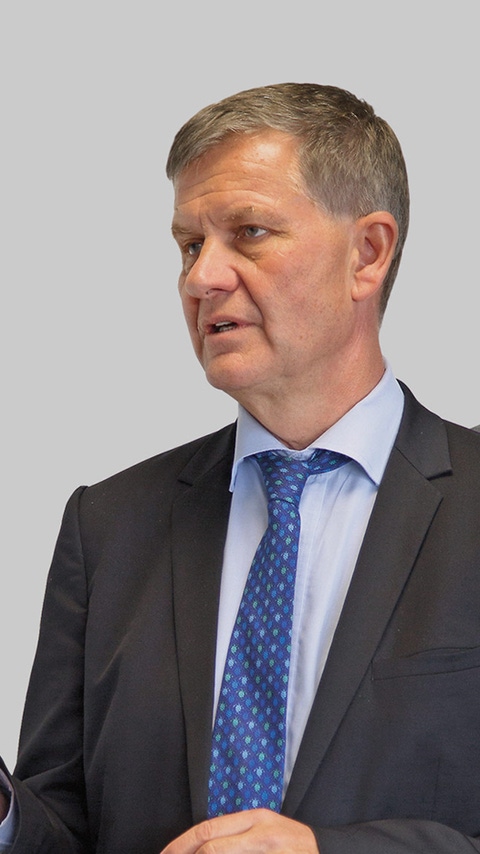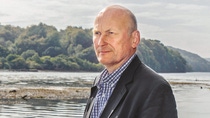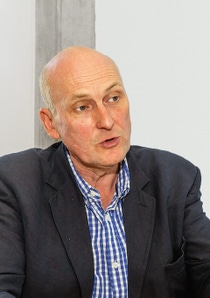Is banning plastic a good thing?
Almost 80 percent of the plastic waste ever produced now lies in landfills and dumps or is littered in the environment. To combat this, more than 60 countries have introduced bans or levies on single-use plastic products. But are such actions an effective response?
Viewpoint BASF
Responsible handling is key
Garbage-strewn beaches and plastic waste in the world’s seas have become a symbol of environmental pollution and the throwaway society. There is agreement that urgent action is needed. However, we will not overcome this challenge by banning individual materials or specific applications. What we need are functioning waste-disposal systems and responsible, sustainable handling of waste.
BASF says clearly that there is no place for plastic waste in the environment. For this reason, we support social and political initiatives to address the challenges of plastic waste. However, bans or levies on the use of specific plastic products are not an effective way of stopping the inappropriate handling of waste or improving the infrastructure for its disposal.
Waste pollution is a global problem, but overcoming it requires tailored regional solutions”
Plastics are valuable materials offering countless benefits: They help increase energy efficiency, save resources and are easy to process. Many solutions in the health care sector are entirely dependent on modern plastics. Their price-performance ratio is nearly unbeatable, and they are also indispensable for all designers of modern products. For many applications, there are no equivalent substitutes that possess these advantages. Before a decision is taken to reduce the use of plastics for specific applications, there should always be a comprehensive analysis of the environmental, economic and social impact, taking account of the whole life cycle of the product. It often turns out that the properties of plastic make it the most sensible material, environmentally and economically – for example, in lightweight automotive construction or building insulation. At the end of their productive life, all plastics can be utilized again. They can be turned into new plastics or chemical raw materials and also be used as sources of energy.
The inappropriate handling of waste and the littering of the environment have nothing to do with a particular material. The first step in combating environmental pollution by waste is to ensure that this waste is collected as completely as possible and appropriately recycled. This requires coordinated action by many participants and includes, for example, the development of suitable waste-management systems and landfill bans for plastics and other recyclable waste, the provision of comprehensive consumer information and the consistent enforcement of anti-littering laws. Waste pollution is a global problem, but overcoming it requires tailored regional solutions.
As a member of the plastics supply chain, BASF provides important answers here. We offer a range of high-performance solutions designed to reduce the environmental impact of plastics, be it in their design, their field of utilization or their potential for recycling at the end of their productive life. We are an active participant in Operation Clean Sweep®. This initiative by the plastics industry aims to prevent unprocessed plastic pellet material ending up in the environment during transportation, for example. BASF also participates alongside other stakeholders in numerous projects and initiatives across value chains to develop better waste-management processes or contribute to raising consumer awareness on the issue of littering. BASF is also driving forward the chemical recycling of plastic waste that has not traditionally been recyclable, so that it can be used as a raw material in chemical production and thus be utilized again in new, high-quality products.







